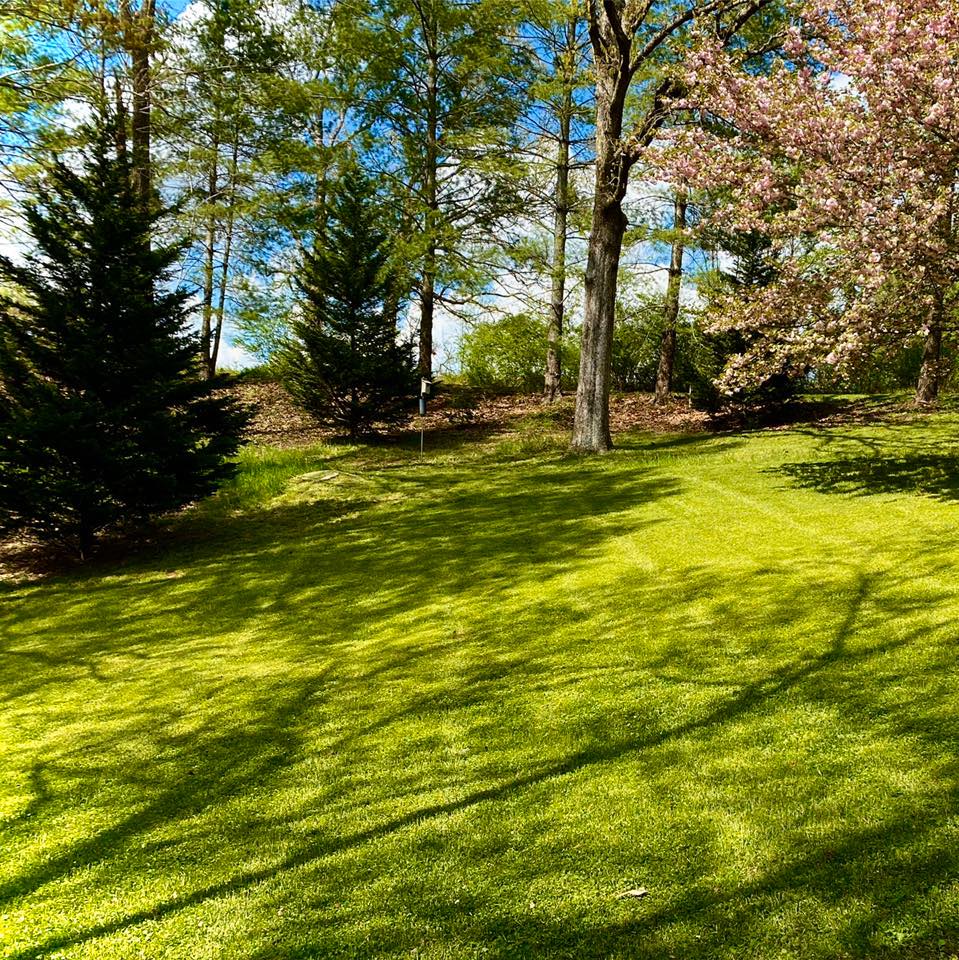
Unlocking the Secret to Sustainable and Eco-Friendly Gardens Oct 13, 2025
Sustainability starts from the ground up. Choosing native plants is a cornerstone of creating an eco-friendly garden. Native plants are adapted to your local climate and soil conditions, which means they require less water, are more resistant to local pests, and thrive without the need for chemical fertilizers. This not only reduces maintenance but also supports local wildlife such as birds, bees, and butterflies, fostering a balanced ecosystem right in your backyard.
Incorporating water-efficient irrigation systems is another critical step. Drip irrigation and soaker hoses target root zones directly, minimizing water waste and promoting efficient plant growth. Consider installing a rainwater collection system, which allows you to harness rainwater for your garden, significantly reducing reliance on municipal water sources. This small investment can have a remarkable impact on conserving water and lowering your water bills over time.
When it comes to fertilizers, organic options are the way to go. Composting is an excellent way to recycle kitchen scraps and garden waste into nutrient-rich soil enhancers. By enriching your soil with compost, you're providing your plants with a steady supply of nutrients while reducing waste sent to the landfill. Additionally, natural fertilizers do not contribute to harmful runoff that can affect local waterways.
Mulching plays a crucial role in sustainable gardening. By applying a layer of mulch around your plants, you retain soil moisture, deter weeds, and maintain a consistent soil temperature. Use organic materials such as wood chips, straw, or shredded leaves to keep your garden thriving while reinforcing its eco-friendly aspect.
Sustainable gardens aren't just about plants; they also involve selecting the right materials for pathways and structures. Opt for recycled or locally sourced materials when constructing pathways, fences, or garden beds. Not only do these choices reduce the environmental impact of your landscaping efforts, but they also often come with unique aesthetic qualities that add character to your garden.
Moreover, creating a habitat for wildlife is integral to maintaining biodiversity. Encourage birds, bees, and beneficial insects by installing birdhouses, bat boxes, and insect hotels. These additions not only support the local ecology but can also help with natural pest control, reducing the need for chemical interventions.
Lastly, embracing permaculture principles can amplify your garden’s sustainability. This approach emphasizes the harmonious integration of landscape and people to produce food and energy in a sustainable way. It involves designing garden spaces that are efficient and self-sustaining, utilizing every resource to its fullest potential.
By choosing sustainable practices, you're not only contributing positively to the environment but also creating a garden that is resilient, self-sustaining, and in harmony with nature. At Pro Lawn and Landscape, we are committed to bringing your vision of an eco-friendly garden to life. From strategic planting to expert maintenance, our solutions are tailored to minimize environmental impact while maximizing garden beauty and functionality.
So, unlock the secret to sustainable living with your garden as the starting point. Let's cultivate a future where beauty and responsibility come together, ensuring the health and prosperity of our planet, one garden at a time. With Pro Lawn and Landscape at your side, your dream eco-friendly oasis is just a call away.
/filters:no_upscale()/filters:format(webp)/media/ed87fd57-8d77-4867-be23-e04735f23f81.jpg)
/filters:no_upscale()/filters:format(webp)/media/0b66a6a1-8749-4b9a-8ad8-ec311cbf015c.jpg)